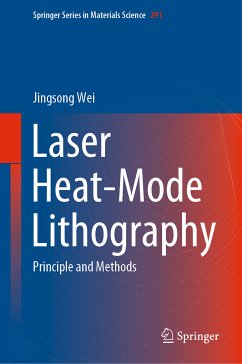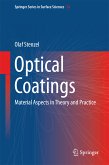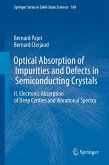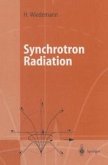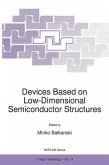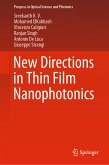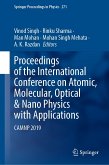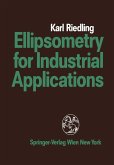This book provides a systematic description and analysis of laser heat-mode lithography, addressing the basic principles, lithography system, manipulation of feature size, grayscale lithography, resist thin films, and pattern transfer, while also presenting typical experimental results and applications. It introduces laser heat-mode lithography, where the resist thin films are essentially an opto-thermal response to the laser beam with changeable wavelength and are not sensitive to laser wavelength. Laser heat-mode lithography techniques greatly simplify production procedures because they require neither a particular light source nor a particular environment; further, there are no pre-baking and post-baking steps required for organic photoresists. The pattern feature size can be either larger or smaller than the laser spot by adjusting the writing strategy. The lithographic feature size can also be arbitrarily tuned from nanoscale to micrometer without changing the laser spot size.Lastly, the line edge roughness can be controlled at a very low value because the etching process is a process of breaking bonds among atoms. The book offers an invaluable reference guide for all advanced undergraduates, graduate students, researchers and engineers working in the fields of nanofabrication, lithography techniques and systems, phase change materials, etc.
Dieser Download kann aus rechtlichen Gründen nur mit Rechnungsadresse in A, B, BG, CY, CZ, D, DK, EW, E, FIN, F, GR, HR, H, IRL, I, LT, L, LR, M, NL, PL, P, R, S, SLO, SK ausgeliefert werden.

